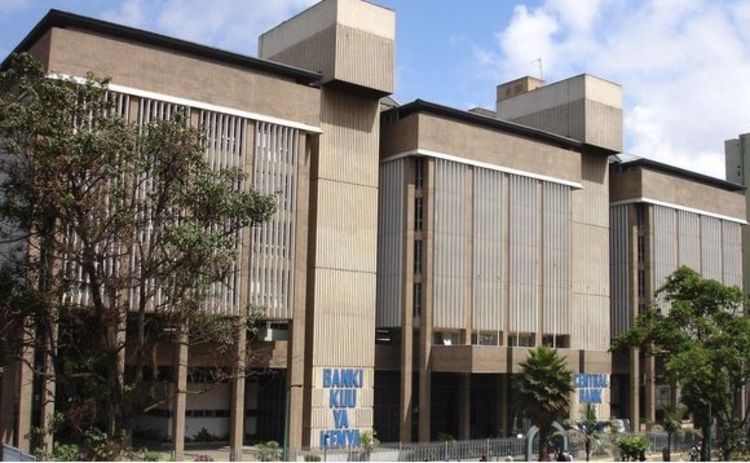SMEs need more stimuli to fire economy, say analysts

Small and Medium Enterprises (SMEs) are between a rock and a hard place even as the country banks on the sector to regenerate an economy on the back of Covid-19 pandemic knocks.
Analysts say that budget policy measures lack the gravitas to cushion the sector and will not spark tangible growth.
The SME sector has felt disproportionate negative effects of the Covid-19 pandemic with the ability to win contracts, access credit, mobilise funds, innovation, and remain afloat heavily compromised.
Treasury lined up an additional Sh2 billion for the Credit Guarantee Scheme, on top of the Sh10 billion allocated in the 2020/21 to de-risk small businesses, Ken Gichinga chief economist at Mentoria Economics says these measures are not be enough to excite growth in the sector.
The State also issued Sh616 million to SMEs involved in production of goods, having set aside a Sh5 billion stimulus package to cushion the sector from pandemic shocks at the onset of the Covid-19 pandemic in March last year, monies Ken Gichinga chief economist at Mentoria Economics calls inadequate, considering the sector’s vital role in the economy.
Emerging markets
“The stimulus package of Sh5 billion was too little to support meaningful recovery.
If you look at the amount government owes to suppliers it’s almost Sh307 billion which if released, can bring great vibrancy to business to an economy,” said Ken Gichinga.
He said increasing the allocation of funds going to servicing late payments would have been the best way of stimulating the economy.
“There is nothing rosy directed specifically to reboot the SME sector,” said Karaya Mokaya, a tax partner at FKM Africa, and Institute of Certified Public Accountants of Kenya (ICPAK) member, adding that the Finance Act 2021 as constituted was meant to consolidate the fiscal policy and enable the government collect enough money to pay its maturing international financial obligations.
Karaya said the minimum tax, whose application has already been challenged at the High court by the Kitengela Bar Owners Association (KBOA), would have exempted some businesses in the distribution sector whose income is commission based, from paying 1 per cent tax on their gross turnover.
Further, despite their crucial role in driving the country’s economic development, SMEs continue to experience a severe shortfall in financing, which has historically hindered their growth.
A Central Bank of Kenya (CBK) report, noted that banks turned away 28 per cent of small businesses while micro-finance institutions declined 96 per cent of the loan applications made to them by SMEs.
“Commercial and micro-finance banks received loan applications from MSMEs worth approximately Sh740 billion, of which Sh546 billion (74 per cent) was approved,” said the CBK.
This as banks continue to cut loans to the private sector to avoid losses as default rates soared to hit 14.2 per cent of all loans issued.
Financing Treasury’s ambitious Sh3.6 trillion budget will also see the government go for both international and local sources, a factor that will further disadvantage SMEs since they are considered risky by the lenders compared to the government.
The International Finance Corporation (IFC) warns that Africa’s finance gap for SMEs stands at a whopping Sh33 trillionand that the ratio of credit to the economy is very low in Africa, averaging less than 30 per cent of gross domestic product, compared with over 135 per cent in regions such as East Asia and the Pacific region.












